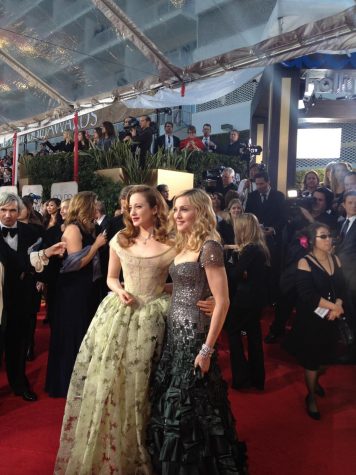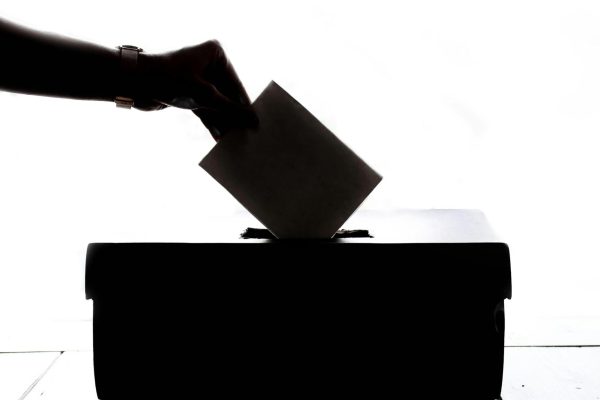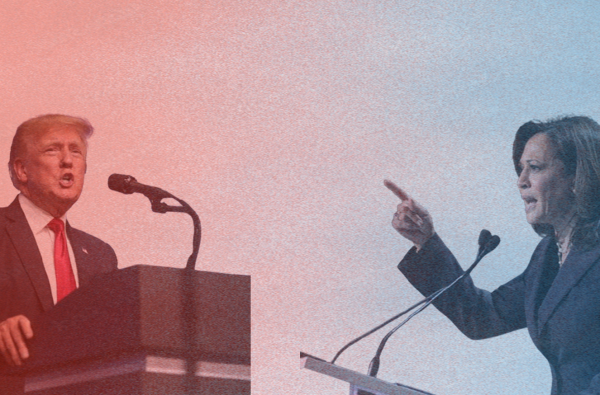Is Time Really Up?
It goes without saying that the Golden Globes 2018 was dedicated to women and fighting sexual harassment, rather than ignoring it. Actions tremendously changed in Hollywood after Harvey Weinstei n was accused of sexual assault. After this, many allegations towards stars of Hollywood were accused of sexual assault, and the movement, #MeToo, to encourage people from around the world to share their story. Although it is evident that celebrities are using their platform to combat sexual harassment, an issue impactful to many around the world, the Golden Globes did not represent many people of color.
n was accused of sexual assault. After this, many allegations towards stars of Hollywood were accused of sexual assault, and the movement, #MeToo, to encourage people from around the world to share their story. Although it is evident that celebrities are using their platform to combat sexual harassment, an issue impactful to many around the world, the Golden Globes did not represent many people of color.
A night that was dedicated towards all women talking about an issue not spoken about in front of such a big audience, mostly reflected the voices of white women and men. Throughout the show, the representation of whites dominated the issue and and failed to show other experiences and people. While it is fantastic that the issue of sexual harassment being discussed, the Golden Globes introduced another aspect of the issue: the inclusion of multiple perspective, and the representation of people in conversations to raise awareness and diversity in front of the camera.
As soon as Tarana Burke, #MeToo founder, starts to talk about the issue of sexual harassment on the red carpet, E! begins to show what other celebrities are wearing on the carpet, and such few females have been nominated for best director.
Throughout the night, microphones continued to be handed to white men, which diverted the focus of the issue to other roles. When Alexander Skarsgard was awarded for his role as playing a rapist, he failed to address the issue with sexual harassment, and Ryan Seacrest was host of the carpet as he denied misconduct. While it is okay to allow white men to speak at events, handing it continually to them, especially to those who have gotten away with crimes being ignored by people for years, allows for topics like these to become normalized or something okay to ignore.
Issues like this have been seen in previous award shows too, like the Oscars. This issue needs to be addressed more. Even after awards shows repeating the same issue in front of a big audience, and a lot of uprising as the aftermath of the shows, steps have been taken and awareness has been risen, but nothing has changed. Women continue to fight sexual harassment and the conversation is always changed. In addition to this, people of color continue to be underrepresented, even while addressing issues that need to be talked about. Is time really up, or is it just another time to vaguely talk about the issue?

Hi! My name is Riya Jain, and I am a senior and member of the Oakton Outlook Editorial Board. I love to write features and showcase students’ talents...





